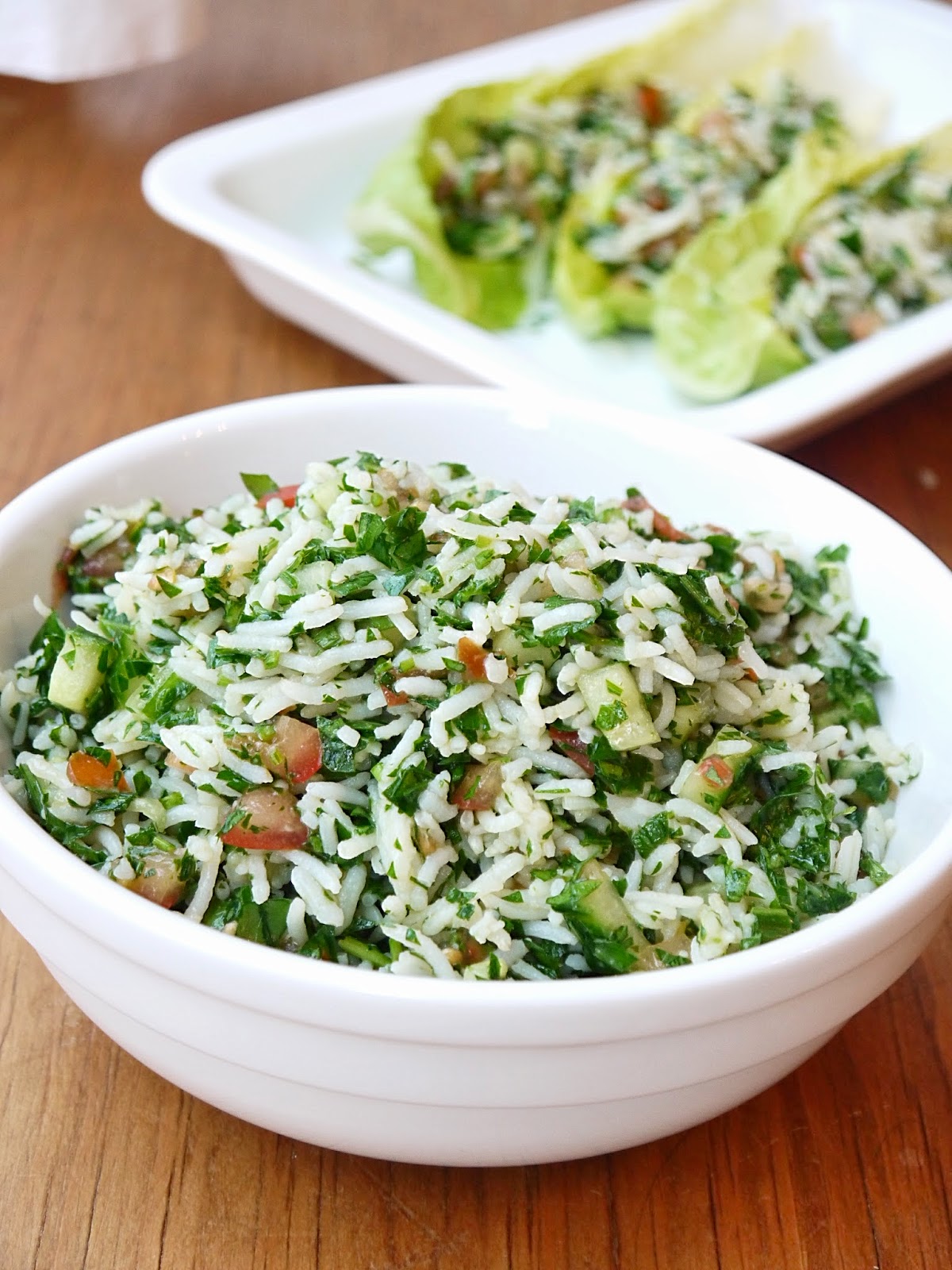Aywa, aywa, fil mishmish, I would hear the adults say, with a grin and a shrug, when discussing a time frame for when the city would fix the road, when the plumber would fix the toilet, when peace would come to Jerusalem.
Yes, yes, in the apricot? I could translate the phrase literally. I knew what the word mishmish meant: apricots. It was an Arabic word that my English tongue found playful and satisfying to say. What do apricots have to do with the road? With the toilet? With the peace process? I never knew, and I never asked, because really, how many times a week, a day, an hour, can you ask your mother, but what do you mean? before you both grow weary of the question.
Growing up in my half-Arab half-American home meant living on the shore of understanding, but never venturing into deep waters. My Arabic was spotty. I could understand words, phrases, simple sentences. My exposure to the language began in earnest when I was nine, when we moved to the West Bank. Even though Arabic was my mother's mother tongue, she did not pass it on to me, and our years in and out of America, in France, where I became fluent in French, and then in Cario, where I become fluent in a British accent (from British schools!), meant that I was nine before I had a serious encounter with my mother's mother tongue.
I learned Arabic by listening to my mother speak on the phone, or to the taxi driver, to my aunt and cousins. I learned it by sitting through family dinners that I could not fully understand, by listening to song lyrics that I couldn't follow, by listening to living room small talk, over pistachios and mint tea.
My mother usually spoke to my sister and to me in English, or in partial English, enough so that we understood. We were used to sentences that began in one language and ended in another, and when my grandmother lived with us, we became used to the musical layering of English into Arabic, switching halfway, switching with each breath.
But there were some things that eluded translation: insults, proverbs, food.






























